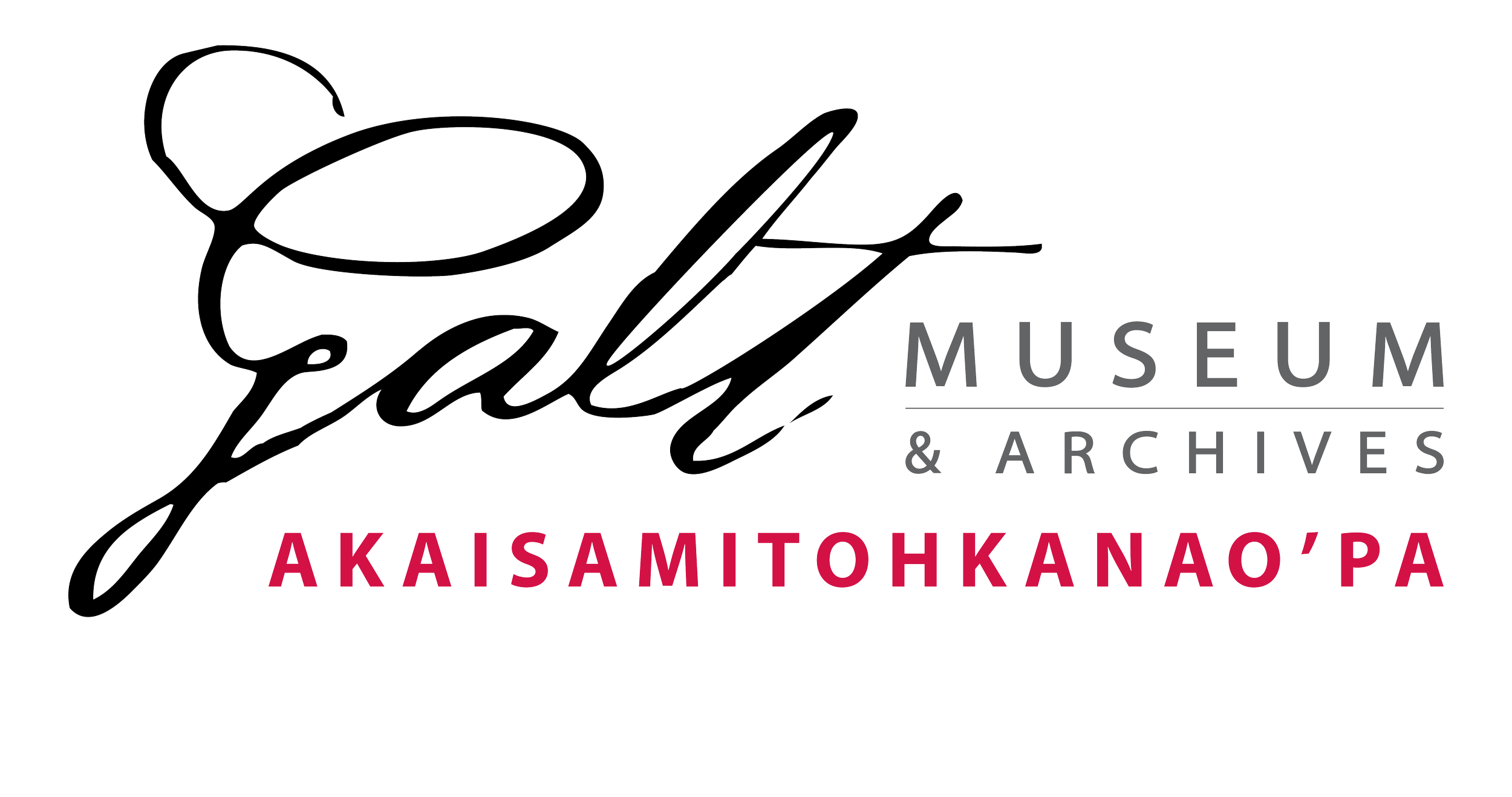Inqueeries: 2SLGBTQ+ Histories of Southwestern Alberta
The opening panel at the entrance to the Inqueeries: 2SLGBTQ+ Histories of Southwestern Alberta exhibit.
Queer lives are rich, vibrant and compelling. However, we do not tend to think of them when we think of “history.” Even when queer histories are examined, they tend to look at large cities in the United States, like New York and San Francisco—or, in Canadian examples, Toronto, Montreal and Vancouver. So far, very little has been documented about smaller centres like Lethbridge.
Queer people, like everyone, seek places to be themselves and be free of persecution and judgment. For most of the twentieth century, it was risky to be openly queer in Canada because of laws that criminalized homosexual activities. Even after legal reforms in 1969 that partially decriminalized homosexuality, 2SLGBTQ+ individuals continued to be arrested under indecency laws, while facing discrimination from society at large.
In southwestern Alberta, queer communities have only recently become more visible. During the 1980s and 1990s, people gathered for invitation-only dances, coffee meet-ups, Pride picnics or discreet “lesbian potlucks.” With no overtly queer venues locally, some people went to Calgary for “power weekends” or took road trips to Pride events in Vancouver.
More fixed queer spaces have come and gone with shifting economic tides or as businesses changed hands; in some cases, queer spaces disappeared if their explicit queerness was found out. Though visibility can help queer people find a community, it also opens the community up to backlash. There are a range of welcoming spaces in Lethbridge today, though not everyone experiences them in the same way. 2SLGBTQ+ individuals continue to work to cultivate safe spaces for queer self-expression.
To find out more about 2SLGBTQ+ histories in southwestern Alberta, come explore the Inqueeries exhibit on at the Galt Museum & Archives until February 9, 2020.

